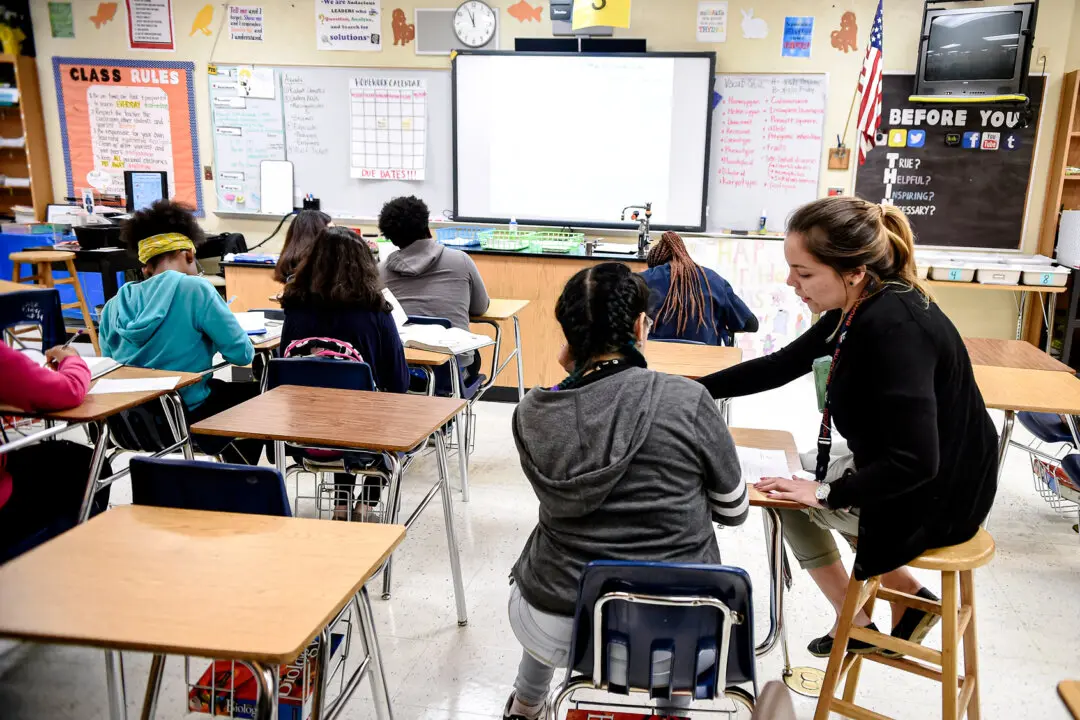Commentary
Canadian students are struggling academically. Math scores on the Programme for International Student Assessment (PISA) declined by 35 points from 2003 to 2022, the most recent year of available test data. According to PISA, 20 points is the approximate equivalent of one grade level. Thus, Canadian students are nearly two grade levels behind in their math skills than where they were 20 years ago, despite more money being spent on K-12 education across the country. This is unacceptable.





